Miles Davis - Sketches Of Spain (2014) [Hi-Res]
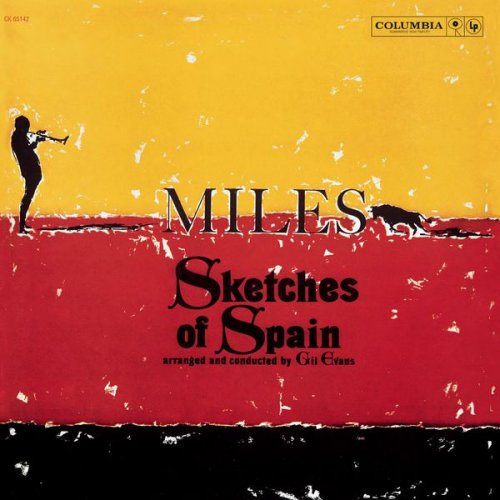
Artist: Miles Davis
Title: Sketches Of Spain
Year Of Release: 1960 / 2014
Label: Columbia / Legacy
Genre: Jazz
Quality: FLAC (tracks) [88.2kHz/24bit]
Total Time: 45:23 min
Total Size: 927 MB
WebSite: Album Preview
Tracklist:Title: Sketches Of Spain
Year Of Release: 1960 / 2014
Label: Columbia / Legacy
Genre: Jazz
Quality: FLAC (tracks) [88.2kHz/24bit]
Total Time: 45:23 min
Total Size: 927 MB
WebSite: Album Preview
01. Concierto de Aranjuez: Adagio (16:22)
02. Will O' The Wisp (3:50)
03. The Pan Piper (3:57)
04. Saeta (5:36)
05. Solea (15:39)
Along with Kind of Blue, In a Silent Way, and Round About Midnight, Sketches of Spain is one of Miles Davis' most enduring and innovative achievements. Recorded between November 1959 and March 1960 – after Coltrane and Cannonball Adderley had left the band – Davis teamed with Canadian arranger Gil Evans for the third time. Davis brought Evans the album's signature piece, "Concierto de Aranjuez," after hearing a classical version of it at bassist Joe Mondragon's house. Evans was as taken with it as Davis was, and set about to create an entire album of material around it. The result is a masterpiece of modern art. On the "Concierto," Evans' arrangement provided an orchestra and jazz band – Paul Chambers, Jimmy Cobb, and Elvin Jones – the opportunity to record a classical work as it was. The piece, with its stunning colors and intricate yet transcendent adagio, played by Davis on a flugelhorn with a Harmon mute, is one of the most memorable works to come from popular culture in the 20th century. Davis' control over his instrument is singular, and Evans' conducting is flawless. Also notable are "Saeta," with one of the most amazing technical solos of Davis' career, and the album's closer, "Solea," which is conceptually a narrative piece, based on an Andalusian folk song, about a woman who encounters the procession taking Christ to Calvary. She sings the narrative of his passion and the procession – or parade – with full brass accompaniment moving along. Cobb and Jones, with flamenco-flavored percussion, are particularly wonderful here, as they allow the orchestra to indulge in the lushly passionate arrangement Evans provided to accompany Davis, who was clearly at his most challenged here, though he delivers with grace and verve. Sketches of Spain is the most luxuriant and stridently romantic recording Davis ever made. To listen to it in the 21st century is still a spine-tingling experience, as one encounters a multitude of timbres, tonalities, and harmonic structures seldom found in the music called jazz. -- Thom Jurek
![David Hillyard & The Rocksteady Seven - Home For Dinner (2026) [Hi-Res] David Hillyard & The Rocksteady Seven - Home For Dinner (2026) [Hi-Res]](https://img.israbox.com/img/2026-02/19/i90pm6wt5icib19ylzpzq7dyv.jpg)

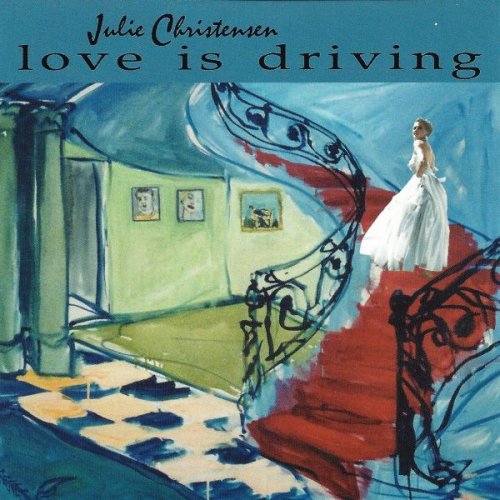
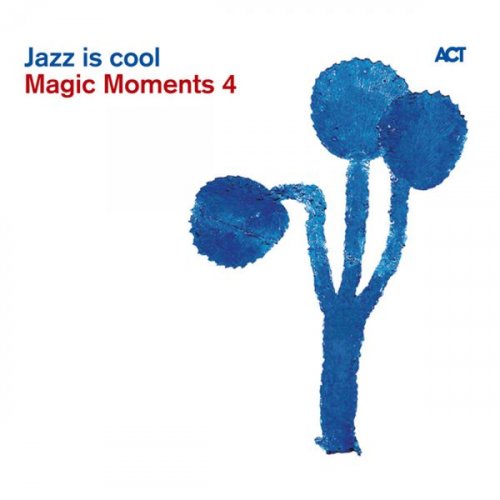
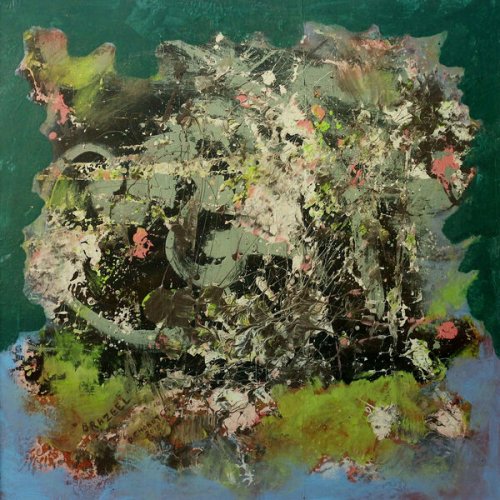
![Joe Pass - Virtuoso (1974) [2025 DSD256] Joe Pass - Virtuoso (1974) [2025 DSD256]](https://www.dibpic.com/uploads/posts/2026-02/1771609997_ff.jpg)
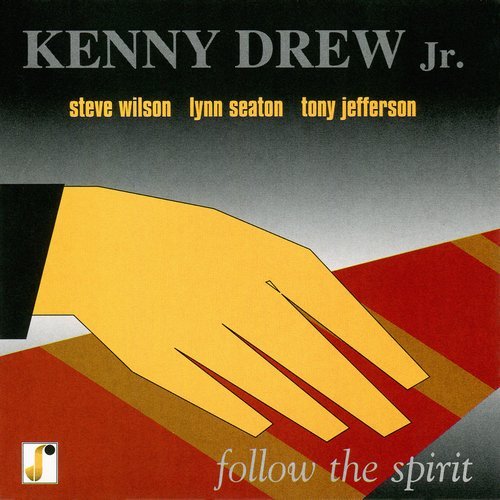

![Dominique Fils-Aimé - My World Is The Sun (2026) [Hi-Res] Dominique Fils-Aimé - My World Is The Sun (2026) [Hi-Res]](https://www.dibpic.com/uploads/posts/2026-02/1771404623_folder.jpg)